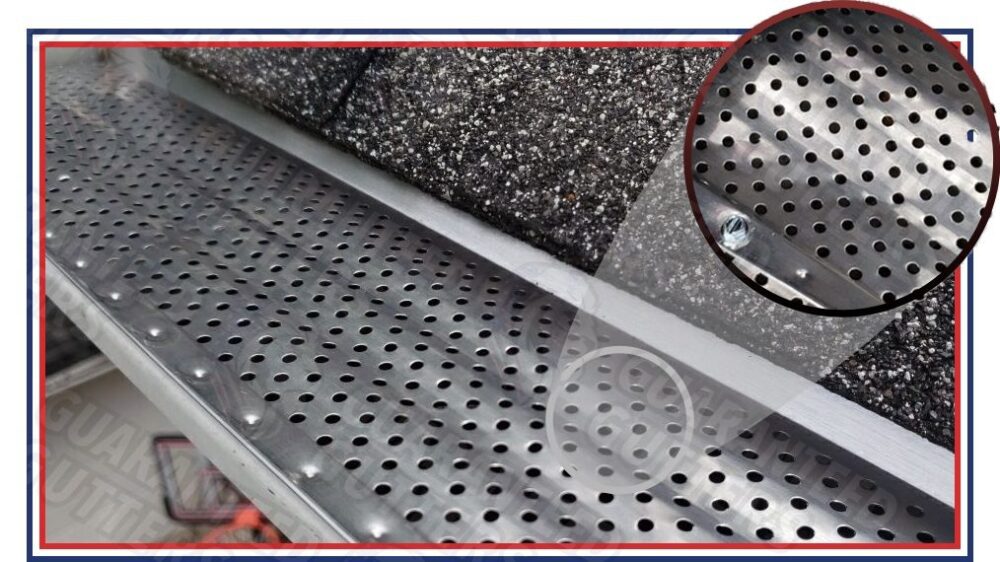
Gutter guards are devices designed to prevent leaves, debris, and other materials from clogging up gutters on residential and commercial buildings. These guards are typically made of materials such as aluminum, vinyl, or stainless steel and are installed over the top of gutters to allow water to flow freely while keeping out unwanted materials. The primary purpose of gutter guards is to maintain the proper functioning of gutters, preventing water damage to roofs, siding, and foundations caused by overflowing gutters.
One of the key benefits of gutter guards is that they reduce the need for frequent gutter cleaning. Without gutter guards, leaves, twigs, and other debris can accumulate in gutters, leading to clogs and blockages that prevent water from draining properly. Regular cleaning of gutters can be a time-consuming and potentially dangerous task, as it often involves using ladders and reaching into gutters to remove debris. Gutter guards eliminate this need for manual cleaning, saving time and reducing the risk of falls or injuries.
In addition to reducing the need for gutter cleaning, gutter guards can also extend the lifespan of gutters and prevent costly damage to roofs and foundations. When gutters become clogged, water can overflow and seep into the roof, causing rot and water damage. Clogged gutters can also lead to water pooling around foundations, which can result in cracks and structural damage over time. By preventing debris from accumulating in gutters, gutter guards help maintain proper drainage and protect the structural integrity of buildings.
Another advantage of gutter guards is that they can improve the overall appearance of a building by reducing the buildup of debris on gutters. Clogged gutters can create a messy and unsightly appearance, detracting from the curb appeal of a property. Gutter guards help keep gutters clean and free of debris, enhancing the aesthetic appeal of a building and maintaining its value. Additionally, gutter guards can help prevent pests such as insects, rodents, and birds from nesting in gutters, reducing the risk of infestations and damage to property.
There are several types of gutter guards available on the market, each with its own advantages and disadvantages. Some common types of gutter guards include screen guards, solid covers, and foam inserts. Screen guards are typically made of metal or plastic mesh that allows water to flow through while blocking debris. Solid covers are more effective at keeping out debris but may reduce water flow and require more frequent maintenance. Foam inserts are inserted into gutters to block debris while allowing water to flow through, but they can become clogged with fine debris over time.
When choosing a gutter guard system, it is important to consider factors such as the climate, roof type, and maintenance requirements of the building. In areas with heavy rainfall or high winds, gutter guards that allow for maximum water flow may be more suitable. Likewise, buildings with steep or complex rooflines may require a gutter guard system that is easy to install and maintain. Regular maintenance of gutter guards is essential to ensure that they continue to function properly and provide long-lasting protection for gutters.
Overall, gutter guards are a valuable investment for homeowners and property managers looking to protect their buildings from water damage and maintain the integrity of their gutters. By preventing debris from clogging gutters and improving drainage, gutter guards help extend the lifespan of gutters and prevent costly repairs. Additionally, gutter guards can enhance the appearance of a building and reduce the need for manual cleaning, saving time and effort. With a wide range of options available on the market, there is a gutter guard system to suit every building and budget. By choosing the right gutter guard system and maintaining it properly, property owners can enjoy the benefits of clean, free-flowing gutters for years to come.


You must be logged in to post a comment.